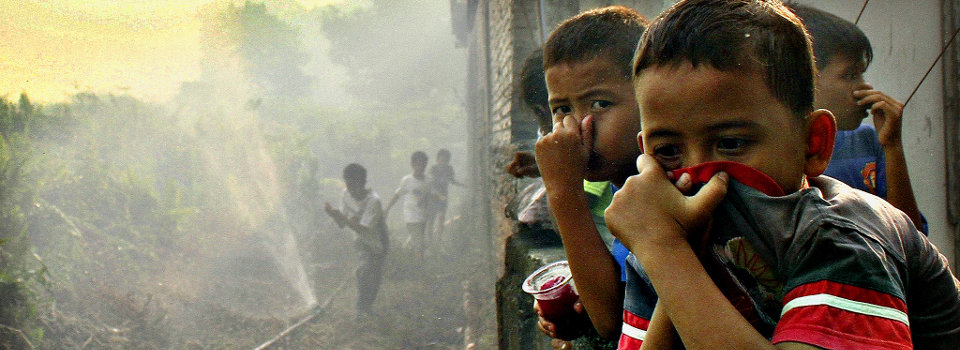AT 19, Endrix is already a political chameleon. Depending on which party is campaigning that day, he hits the streets of Jakarta on his motorcycle, donning the respective yellow, red or green attire of Golkar, the Indonesian Democratic Party (PDI) and United Development Party (PPP).
“I am not ashamed of doing that,” the technical student told The Straits Times after attending a PDI rally in central Jakarta on Friday.
“It gives me a chance to see the three parties in action and enjoy the” dangdut music at the rallies, he said.
He and his friends attend the various party campaigns because they have very little inkling of what these parties stand for.
“We don’t see or hear them for five years,” he said. “We want to get a feel for what they stand for.”
He and many other youngsters dance to the parties’ tunes and colours for another reason: money and freebies.
They pocket 2,000 rupiah (S$1.20) each for every Golkar rally they attend, and also receive the ruling party’s yellow T-shirt and scarf. Also thrown in are food and drinks.
They are rewarded with similar goodies – except money – for attending the PPP and PDI campaigns.
“The parties want us to attend the rallies so that they can show they are popular with society,” he said.
“It also gives the three parties a chance to sell their programmes.”
He said that he, like many of his friends, would vote for Golkar because they come from state-run schools which has instructed them to vote for the party.
“But we are not diehard Golkar supporters. So we don’t mind switching party colours.”
His friend Ande, 18, is a PPP supporter. But he too wears different party colours for the same reasons as Endrix.
He said: “I will vote for the PPP because it is a Muslim party and because I come from a Muhammadiyah school. But my loyalty to the party stops there. I also want to know what the other parties have to offer.”
These two youths are not unique in their political orientation. Political observers here believe about 40 per cent of the 20.4 million Indonesian youths eligible to vote in this elections change party allegiances periodically.
Both Endrix and Ande said that while they would vote for one party, Golkar, PPP and PDI were not too different in political outlook.
“They all talk about the same things,” said Endrix.
“It makes little difference to us whether they are yellow, red or green.”

